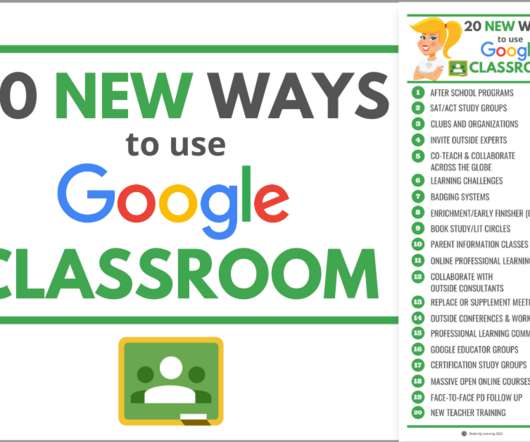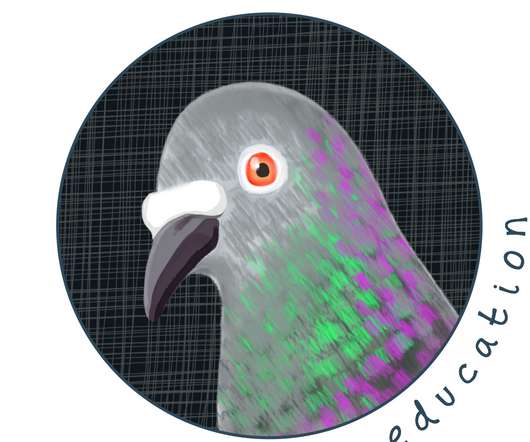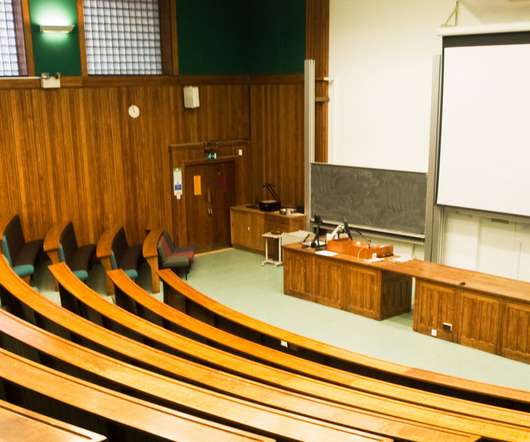Do Chatbot Tutors Work Better When They're Upbeat — and Female?
Edsurge
APRIL 27, 2023
It turns out, one of the world’s most-cited educational researchers, Richard Mayer , is working on a series of studies looking at what kind of computer-generated voices and images are most engaging to learners and lead to the best outcomes. How do we create online tutors who are approachable and we want to learn from?’”







































Let's personalize your content